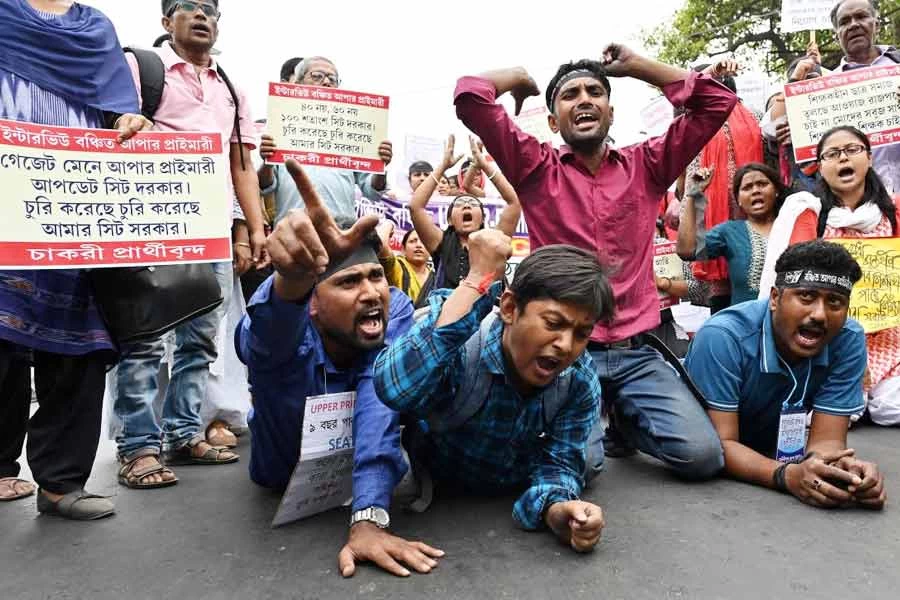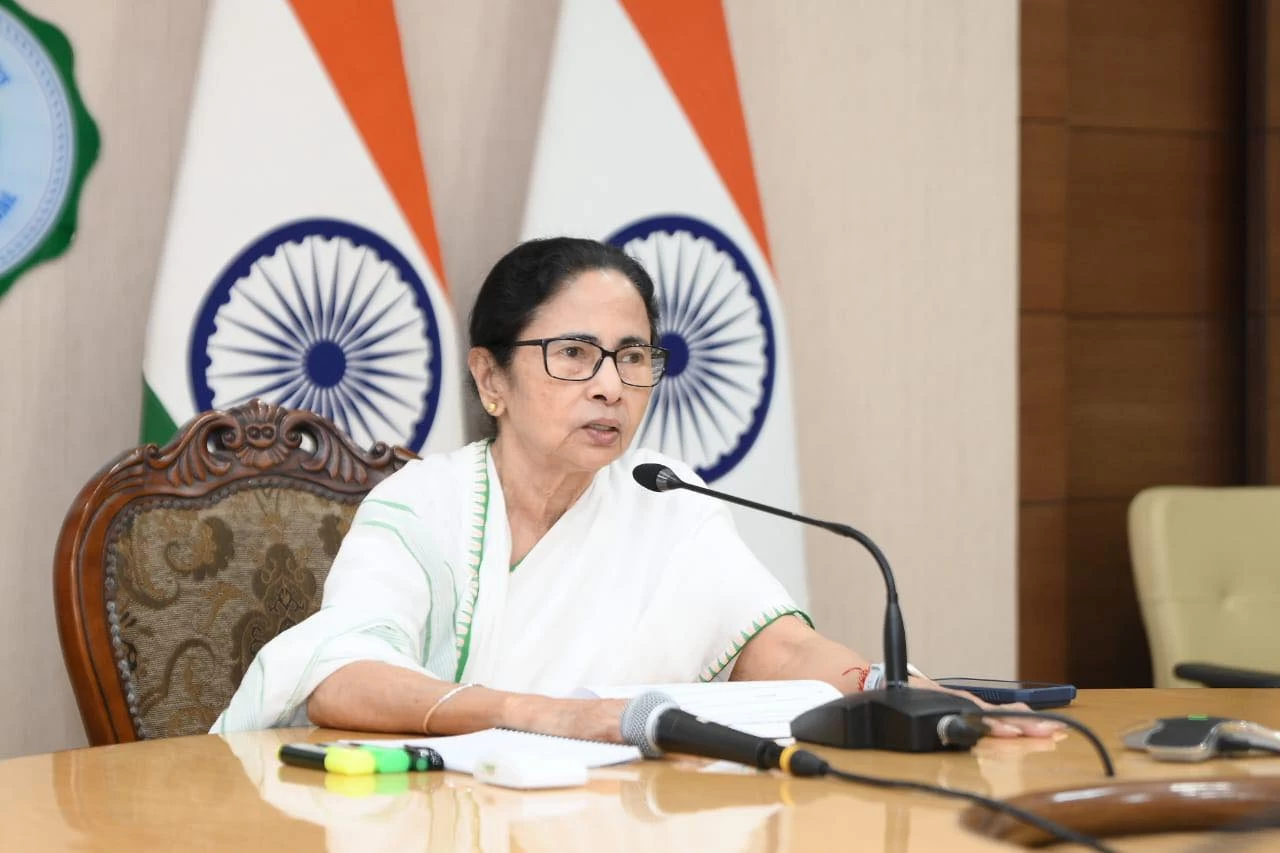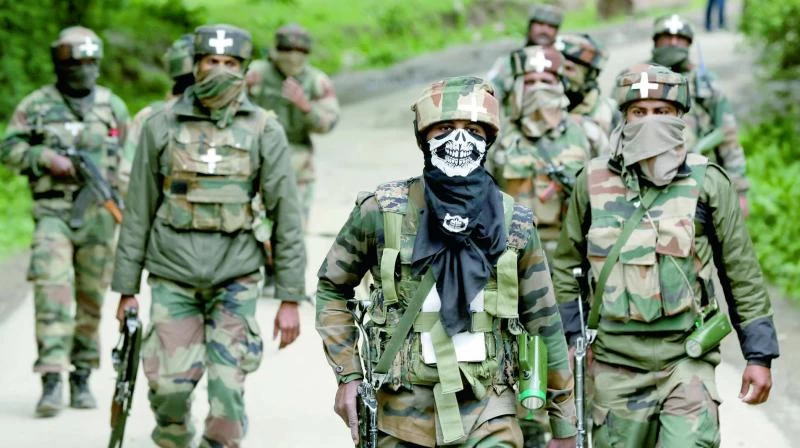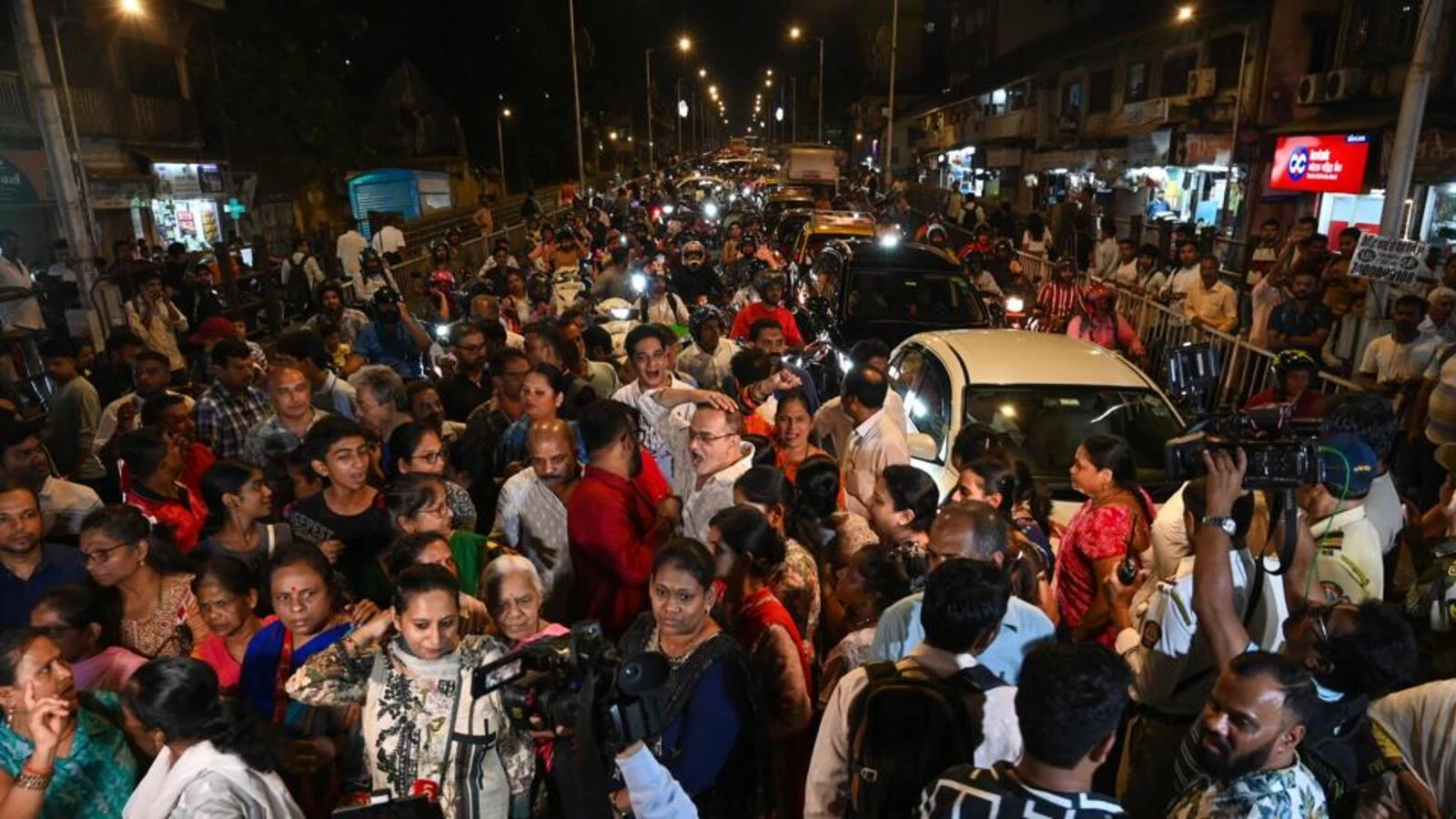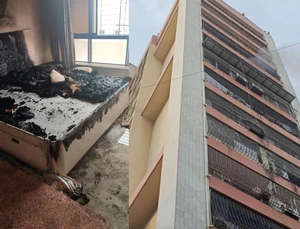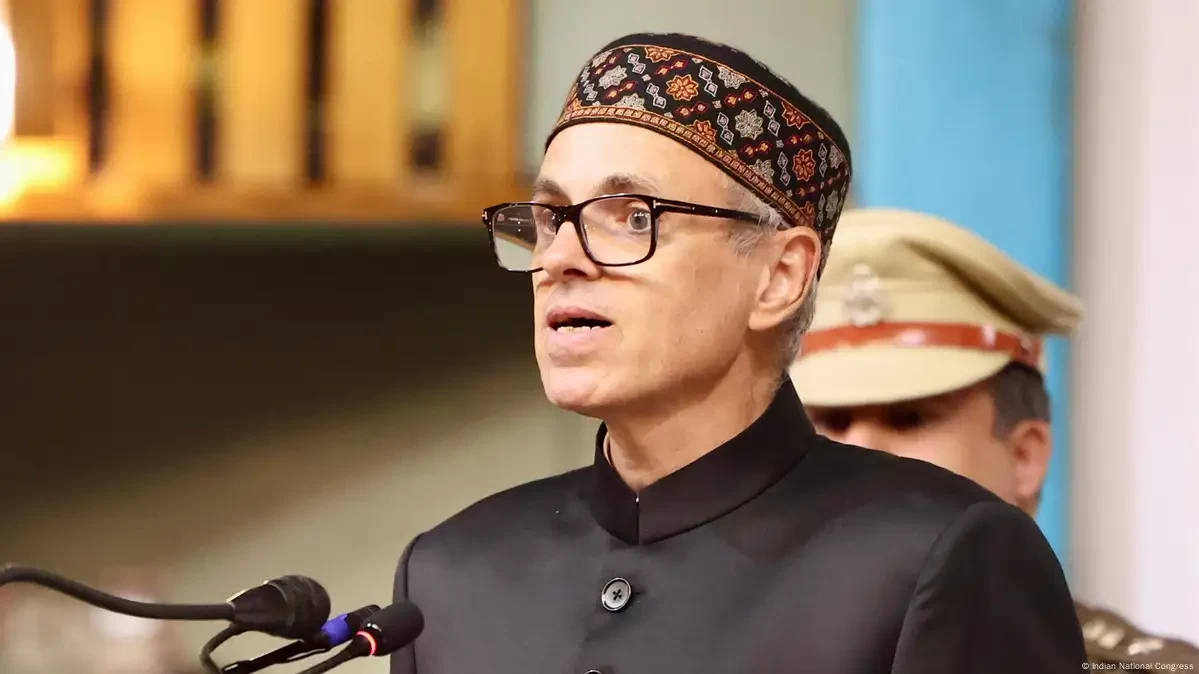Latest Updates
Delhi faces severe air quality crisis post-Diwali, earns the title of the world's most polluted city
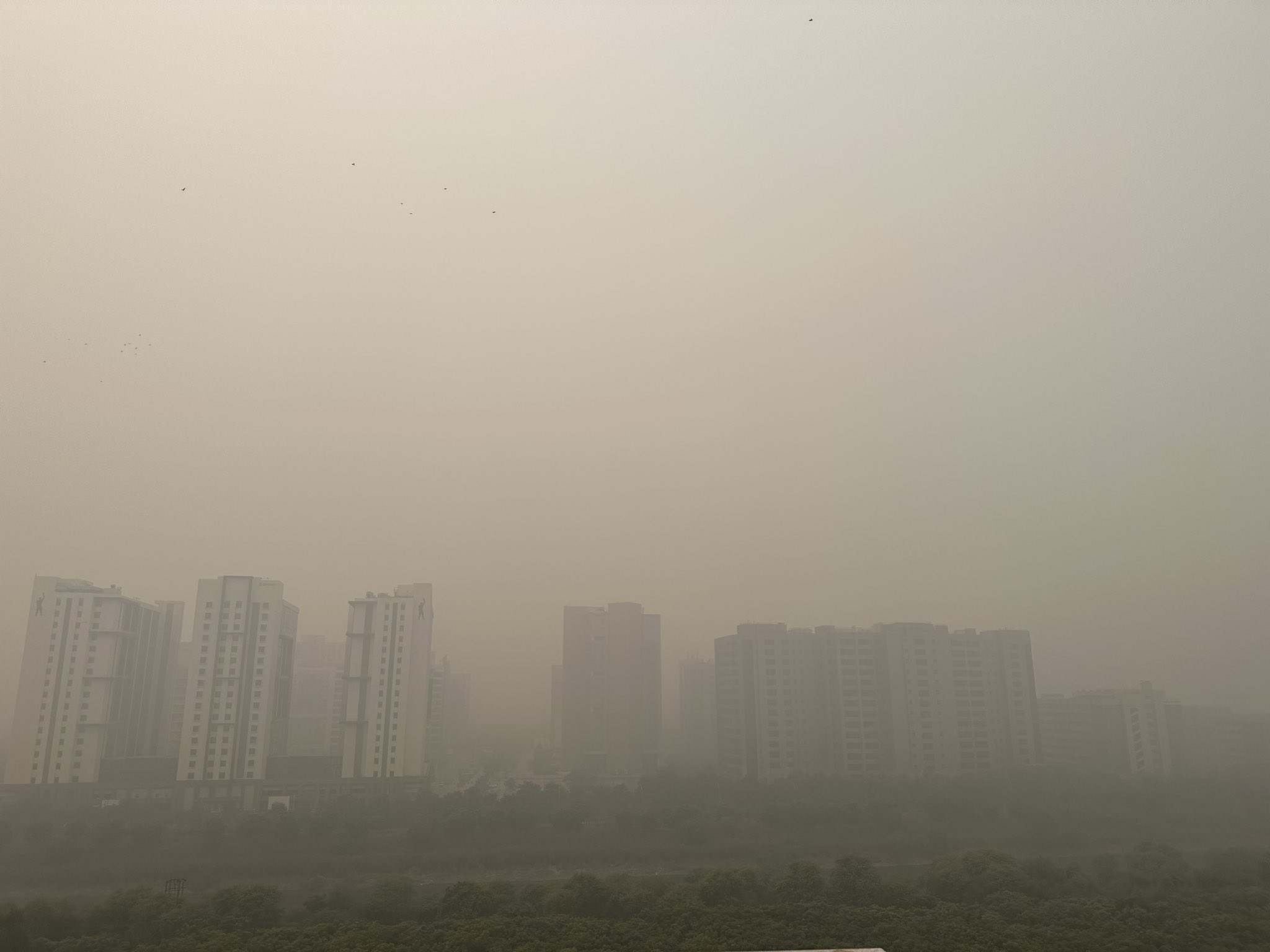
AQI levels in Delhi sky-rocketed on Monday, after individuals defied the Supreme Court's ban on firecrackers on Diwali night, resulting in heightened pollution levels across the National Capital. Delhi and its adjoining areas have been grappling with consistently worsening air quality, and as of Monday morning, Delhi stands as the most polluted city in the world, according to IQAir.
As per the Central Pollution Control Board (CPCB), Anand Vihar recorded a very poor average Air Quality Index (AQI) of 312 at 8 am on Monday, accompanied by PM2.5 levels reaching 488. Meanwhile, RK Puram registered an AQI of 305 at the same time, with PM2.5 being the dominant pollutant, reaching 455. The concentration of PM2.5 in the city has been reported at 20 times the limit recommended by the World Health Organization. Consequently, the city government has mandated the closure of all primary classes and restricted the entry of trucks. Visuals from various parts of Delhi depict a dense haze covering the roads, severely limiting visibility to just a few hundred meters.
On Diwali morning, Delhi experienced its best air quality in eight years, with clear skies and a favorable Air Quality Index (AQI) of 202 at 7 am, marking the best reading in at least three weeks. However, following the Diwali celebrations, on Monday at around 5:30 am, Delhi's air quality significantly deteriorated, reaching a level of 514 on the Air Quality Index. This surpassed the threshold of 320, categorized as "hazardous" by the Swiss group IQAir. According to IQAir, Delhi was ranked as the most polluted city in the world on Monday.
Prior to Diwali, with the Air Quality Index (AQI) deteriorating in Delhi, the Supreme Court emphasized that its directive banning the use of barium and prohibited chemicals in fireworks applies not only to the National Capital Region (NCR) but to the entire country. Many places recorded a peak in the 'severe' category, maintaining toxic conditions for several days. Post-Diwali, there is a high likelihood that Delhi will once again experience an escalation in pollution levels, posing breathing difficulties for the city's residents.
The Delhi Government has implemented a comprehensive ban on firecrackers. In response to the pollution crisis, the government even explored the possibility of 'artificial rain' to address the foul air in the city, but a sudden rainfall provided significant relief by reducing pollution levels.




